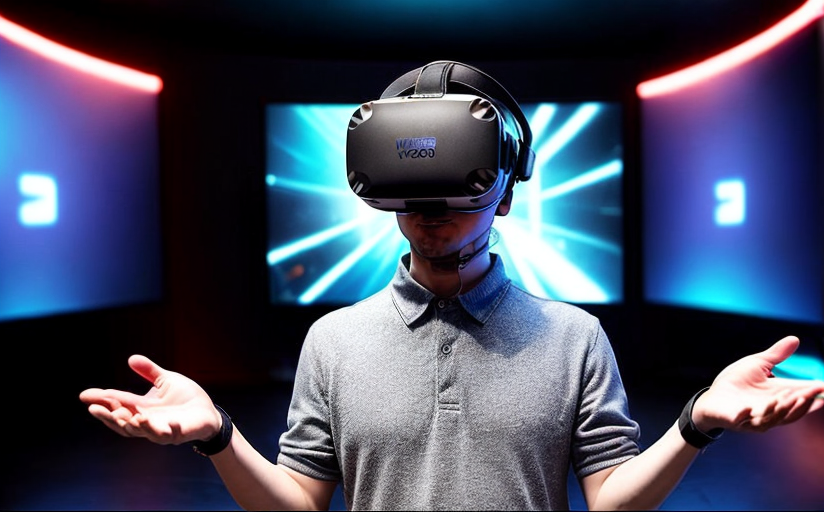Virtual Reality: Reshaping the Future of Entertainment Industry
Intriguing, thrilling, and transformative, Virtual Reality (VR) continues to redefine the entertainment industry's landscape. VR has dramatically evolved from an experimental technology to an integral part of the entertainment ecosystem. From games and movies to music and live events, VR's immersive experiences and interactive storytelling have revolutionized how we consume entertainment.
The Evolution of Virtual Reality
Tracing the advent and progression of VR reveals astonishing advancements in technology. Originating from rudimentary panoramic paintings and stereoscopic photos and viewers, VR technology has now escalated to omnidirectional treadmills and haptic devices. Each evolutionary step enhances the immersive potential of VR, plunging users into entirely generated environments that keenly engage the senses.
Current Adoption and Applications in Entertainment
VR has found extensive adoption in a range of entertainment sectors. In gaming, games such as 'Half-Life: Alyx' and 'Beat Saber' set new bars for VR gameplay, featuring interactive environments that redefine users' experience. The film industry has also embraced VR, showcasing epic narratives in a immersive way, as seen in productions like 'The Lion King' and 'Ready Player One'. Music and live events sector too, employ VR for virtual concerts and festivals, with artists like Marshmello and Travis Scott hosting virtual sessions to millions around the globe.
Transformative Potential and Future Possibilities
As technology advances, VR offers an exciting avenue for delivering personalized content. With Artificial Intelligence (AI) and machine learning algorithms analyzing user behavior, entertainment can be tailored to individual preferences. The possibilities are endless, from personalized game experiences and recommendations, to customized storylines in VR films.
Confronting Challenges
Despite the immense potential, VR faces several challenges that need to be addressed. The high cost of VR hardware limits its accessibility; potential health effects such as motion sickness or cognitive effects remain concerns. Additionally, generating immersive and interactive content requires immense resources and creativity, posing a considerable challenge to content creators.
VR's Influence on Consumer Behavior and Business Models
VR is considerably altering consumer behavior and preferences. With the promise of immersion and personalization, consumers are shifting to premium, VR-based experiences. This change in consumer behavior necessitates an adaptation in business models for entertainment service providers. An increasing number of companies are adopting a subscription model, similar to Netflix or Spotify, offering unlimited access to a library of VR content for a monthly fee.
Future Considerations and Projections
As immersive technologies become mainstay, companies in the entertainment industry must consider how to best leverage VR's potential. Collaboration with emerging VR content creators, investment in VR hardware and software enhancement, and innovating to overcome current limitations will be crucial for achieving success.
Conclusion
Virtual Reality is driving a paradigm shift in the entertainment industry. While the journey is fraught with challenges, the rewards at stake – a transformed entertainment industry poised for explosive growth – are well worth the effort. For businesses and consumers alike, the virtual revolution spells exciting times ahead.



















Comments
Leave a Comment